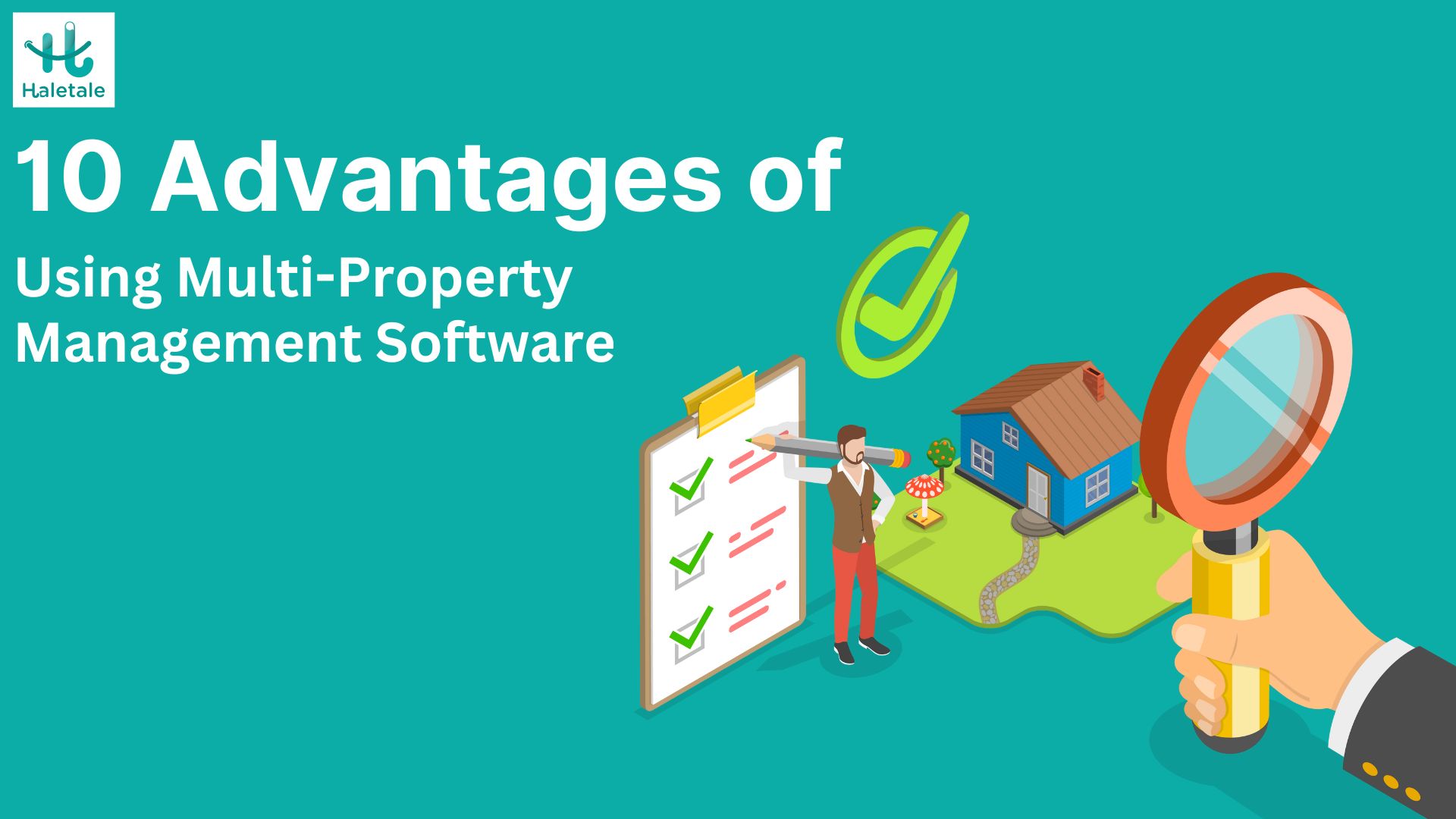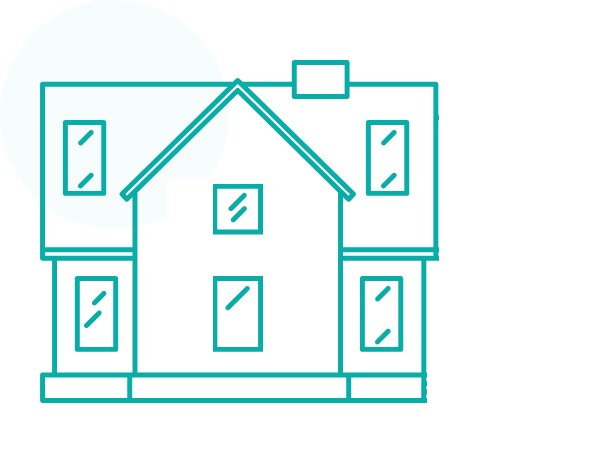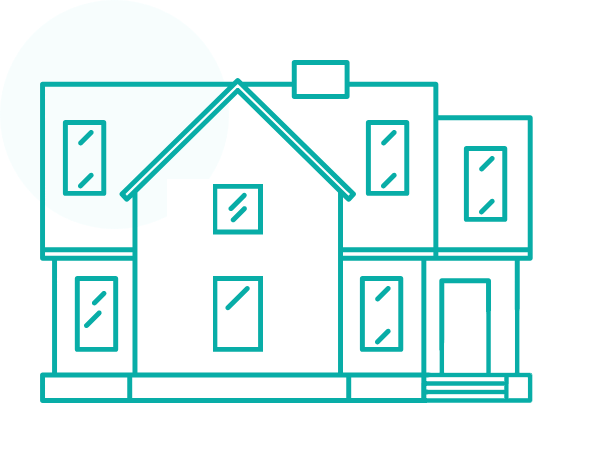As the portfolio of a property manager grows, the number of tasks he has to perform may be limited but he may be repeating them over an increasingly large number of holdings. For example, While handling maintenance requests on a single building may not be overly challenging, coordinating and overseeing repairs across various properties can get quite logistically challenging. Another issue that crops up when managing numerous properties is ensuring that every property adheres to local regulations where it is located. Juggling multiple property laws and making sure that uniquely different safety standards across a large geographical area are satisfied can be quite demanding. It becomes pertinent to adapt to changing property management demands and make use of technology to help better manage a large portfolio. Luckily enough there are tools that are built to help with this very specific issue. Multi-Property Management Software refers to property management tools that are designed to streamline the operations involved with managing large numbers of properties at once. This article will delve into why these tools are so helpful and why you should be incorporating them as soon as possible into your property management operations.
Understanding Multi-Property Management Software
Multi-property management software refers to a class of comprehensive digital solutions designed to streamline and optimize the management of numerous, diverse real estate portfolios. It differs from traditional property management tools by providing a centralized platform for overseeing multiple properties at once. These properties may be residential, commercial or mixed-use. This class of software integrates essential property management functions such as maintenance management, financial tracking and tenant communication tools amongst others. It also manages to cater to different property types by being adaptable.
This class of software is a key player in the ongoing digital transformation going on in the property management landscape, due to its adaptability and flexibility in scaling with an ever increasing property manager’s portfolio. By automating tasks and providing real-time insights, the time savings and efficiency gains for the property manager cannot be understated.
10 Advantages of Using Multi-Property Management Software
- Centralized Management: This class of software provides a central hub for property managers to be able to view the status of all the properties in their portfolio at once. This eliminates the need for a completely hands on approach for each property, ensuring efficient oversight and control. Through this centralized platform, it is easy to allocate resources to each property, allowing the property manager to focus on long term tasks, rather than scrambling to handle day-to-day administrative challenges on every property under their control.
- Improved Communication: A lot of multi-property management solutions include centralized messaging systems that help property managers reach most, if not all of their tenants at once. This helps foster better communication between property managers, tenants and the on-ground maintenance staff. The positive impact of standardizing communication between these parties cannot be understated. The improvement in communication contributes to tenant satisfaction and retention. The ability to automate announcements and reminders will lead to a more engaged and informed tenant body.
- Automated Workflows: By making use of multi-property management software, property managers can automate their tasks, reducing the amount of work they have to do by hand, streamlining operations and saving significant amounts of time. There is also less room for error when using multi-property management software because automated workflows ensure consistency and accuracy in tasks that would be considered tedious but routine.
- Scalability: The ‘multi’ in multi-property management software makes it evident that the inherent advantage of this class of property management solution is that it is adaptable to the growth of property portfolios, ensuring operational efficiency regardless of the size of said portfolio. This feature allows property managers to scale operations seamlessly without disruptions.
- Enhanced Reporting: Another advantage of using multi-property management software is the availability of insights based on the data that the application will have fed into it, which facilitates strategic planning. The provision of these real-time insights can only aid in helping managers optimize their operational strategies. There are also tools provided in this class of software that can help provide comparative analysis of the performance of a property relative to industry benchmarks. This also helps property managers to make informed decisions based on market trends and not just in isolation.
- Seamless Integration: Multi-property management tools leverage not only on the features provided by the creators, but also enable integration with numerous categories of tools and platforms in order to create a cohesive ecosystem. The very best digital management tools all smoothly and securely pass information across all these integrations, preventing the inadvertent creation of data silos. An example of these integrations is a connection with accounting platforms such as QuickBooks. Through this integration, property managers can track expenses and generate financial reports based on the data they enter into the property management solution, eliminating the need for them to re-enter it into a separate application, drastically streamlining workflows. Another integration of note is the one with Internet of Things (IoT) devices. The data that is coming from these devices can be fed into the management software and displayed in chart or graph form.
- Customization and Flexibility: One of the most important features of a good property management application is its ability to allow users to customize their interfaces based on preferences. You can adjust screens to display different sorts of information, highlight certain metrics and just tailor the user interface to your taste.
- Security and Compliance: A quality multi-property management tool considers information and privacy in the design of thor application from the ground up. They make sure their tools abstract personally identifiable information (PII) if that data will be stored on the cloud. They also ensure that their software is continuously compliant with specific privacy regulations such as Canada’s PIPEDA via regular updates.
- Maintenance Management: One of the most key features of multi-property management tools is the enabling of maintenance scheduling across multiple properties. Via booking and communication tools, tracking of maintenance requests becomes much more possible, improving accountability and transparency. This feature also enables proactive maintenance by keeping track of when last certain parts of the building were last looked at, preventing it from getting too long between checks.
- Document Management: A lot of property management systems offer centralized repositories for storing and managing essential documents such as contracts, leases and other such records. This ensures quick access to documentation for compliance and audits purposes.
FAQs:
Q: What are the key advantages of using multi-property management software?
A: Centralized Management:This software class streamlines property management via a centralized system, providing efficient oversight by eliminating the need for a completely hands on approach for each property, ensuring efficient oversight and control.
Improved Communication: A lot of multi-property management solutions include centralized messaging systems that help property managers reach most, if not all of their tenants at once. This means of communication makes it easy to pass timely information across, eliminating the need for more traditional means of mass communication such as posters.
Scalability: By consistently adapting to changing property management needs, this class of software is the ideal tool for the property manager with an ever growing portfolio, sustaining efficiency.
Q: How does multi-property management software enhance operational efficiency?
A: Automated Workflows: Property management tools help streamline previously tedious tasks such as data entry by reducing the amount of time the property manager has to manually work at the task. It is possible to set up automation to do a certain task at a particular time, as frequently as is needed
Integration Capabilities: Property management software provides the ability to integrate with various tools and platforms such as financial reporting software like QuickBooks, ensuring seamless collaboration and operational efficiency.
Analytics and Insights: These tools provide real-time insights into property and competitor performance, supporting data-driven decision making.
Q: What should property managers look for in a multi-property management software?
A: Data Security: In order to consider any property management tool viable for use, there needs to be robust security protocols in place to protect sensitive tenant and property data. There also needs to be a strict adherence to related privacy as well, in order to avoid legal jeopardy.
Document management: This involves creating avenues for property management and versioning for legal documents. It also involves maintaining audit trails for documents, enhancing accountability.
Customization and Flexibility: The prospective tools these property managers are making use of would need to be customizable due to the varying needs of different properties. The ability to customize the format of which the information is being displayed would prove to be invaluable.
Q: How does technology impact the property management industry?
A: Technology has affected the property management industry in a significant way. Operational practices have become more efficient, decisions are now backed up by significant data analytics and there is now a general acceptance of technology as the norm. As such a lot of processes that were done by hand have been digitized and simplified.
Conclusion
Multi-property management software has emerged as a transformative force in the real estate management industry. With its centralized oversight, modern communication tools and data analytics, it has drastically streamlined operations and enhanced efficiency. This class of software not only meets current demands but also positions manager portfolios for future growth amid changing industry dynamics. The impact of these tools is evident in the improved management and automation of tasks, efficient communication and an overall improved property performance both in the short and long term.
Take the next step in transforming your property management experience by trying out a robust property management tool. Evaluate the one you eventually decide on by taking note of the features and benefits discussed and try to see the positive effect it could have on your own portfolio. We welcome your thoughts, questions or experiences with multi-property management software.









